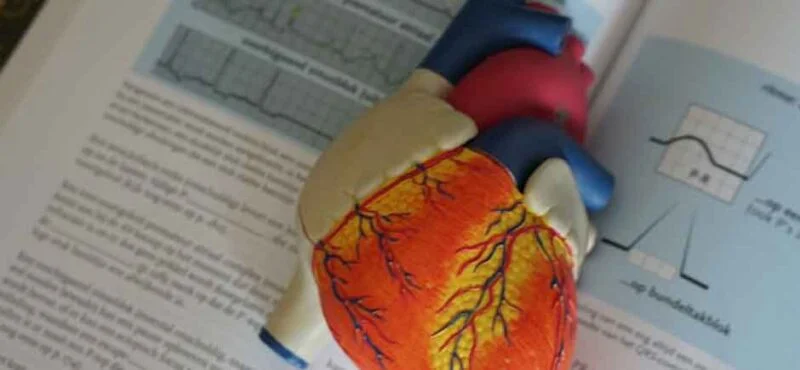
Planning ahead of time for medical tests is an important step toward success in the competitive area of healthcare education. Efficient preparation can have a substantial impact on your success, regardless of whether you’re a medical student or seeking a career in an allied health field. This thorough tutorial will assist you in completing the process with ease.
1. Understanding the Importance of Preparation
The scope of a medical examination typically encompasses a significant variety of information, which can include any number of disciplines, including pharmacology, pathology, anatomy, and physiology. The more you prepare in advance, the more time you give yourself to study and cognitively digest these challenging concepts, which ultimately leads to an improvement in your memory and comprehension.
2. Setting Clear Goals and Objectives
A crucial step that you must take before commencing your study regimen is to first define clear goals and objectives for yourself. In order to properly prepare for the various medical examinations that you will be taking, it is important to first identify the examinations and then set appropriate goals for each of them. Establishing goals that are within your reach will help you maintain your concentration and motivation throughout the entirety of the preparation process. These goals could include achieving a certain score on a standardized test or passing a license examination.
3. Creating a Realistic Study Schedule
After you have determined what you want to accomplish, the following step is to create a study schedule that is based on reality. You should organize certain blocks of time each day when you will be studying, taking into account all of the other tasks and obligations that you have. It is important to make sure that you schedule breaks and activities that you enjoy doing in order to prevent burnout from occurring. As a result of the fact that it is necessary to keep a constant schedule, you should adhere to it rigorously if you want to make consistent improvements.
4. Utilizing Effective Study Techniques
Since you have a study timetable in place, selecting the most effective study methods is now possible. Try out a few different approaches, such as concept mapping, spaced repetition, and active recall, to see which one suits you the best. Answer sample exam questions to get a feel for the format and organization of the assessments. Think about organizing study groups with classmates to improve cooperation and information exchange.
5. Seeking Resources and Support
To succeed in a medical exam, you must make the most of the resources available to you and seek assistance when you need it. Instructional videos, online lectures, and textbooks are all excellent ways to improve the quality of your education. To achieve success, it is necessary to attend medical courses from a top-rated academy that will advise, train, and provide you with the necessary resources. If you need additional guidance or clarity on difficult topics, you should never be reluctant to contact your professors, mentors, or tutoring programs for assistance.
6. Maintaining a Healthy Lifestyle
In the midst of the obligations that come with preparing for a medical exam, you mustn’t forget your physical and emotional well-being. To maintain a healthy lifestyle, it is important to prioritize getting enough sleep, eating well, and exercising. Take steps to prevent burnout and maintain optimal productivity by incorporating stress-relieving activities into your daily routine. Some examples of such activities include meditation, yoga, and hobbies.
7. Adapting and Adjusting as Needed
When preparing for medical examinations in advance, flexibility is of the utmost importance. You should be ready to modify and amend your study strategy in accordance with your progress and the changing requirements you have. If you find that particular subjects take more attention than you had anticipated, do not be afraid to set aside additional time to become proficient in them. Also, in order to continuously improve your attitude toward studying, you need to be open to receiving feedback and criticism that is constructive.
Conclusion
Successful planning is crucial for preparing for medical exams. You can increase your chances of reaching your intended outcomes by setting clear goals, making a realistic study timetable, using efficient study strategies, looking for resources and support, leading a healthy lifestyle, and staying flexible. Recall that passing medical tests requires not only reaching your goal but also continuing your education and developing yourself along the way.


